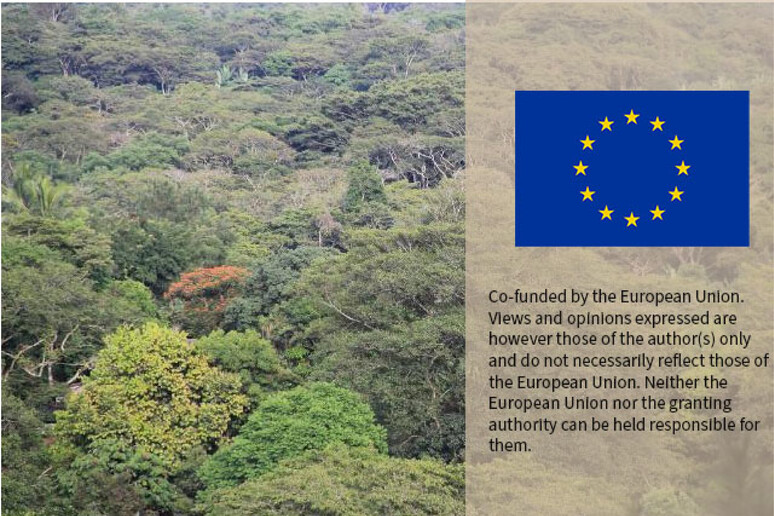The European Commission proposed on
October 2 to delay by one year the implementation of the
anti-deforestation regulation, which requires companies to carry
out targeted checks to prevent them from placing products on the
market that are in any way responsible for deforestation.
With the postponement, if approved by the European Parliament
and member states, the law would enter into force on December
30, 2025 for large companies and on June 30, 2026 for SMEs,
instead of December 30, 2024 and June 30, 2025 respectively.
It is not yet clear when the two co-legislators, the Parliament
and the EU Council, will examine the proposal.
In announcing its intention to proceed with the postponement,
the European Commission assured that the extension would "in no
way call into question the objectives or substance of the law,"
it wrote.
"Given the innovative nature" of the law, "the rapid timetable
and the variety of international stakeholders involved, the
Commission believes that an additional 12-month period for the
gradual introduction of the system is a balanced solution to
support operators around the world in ensuring a smooth
implementation from the start", reads a note from Brussels,
which also highlights that "three months before the planned
implementation date, several global partners have repeatedly
expressed concerns about their state of readiness" to implement
the rules, "most recently during the week of the United Nations
General Assembly in New York".
Strong pressure that von der Leyen has received first and
foremost from her own political family of the European People's
Party, which on several occasions in recent weeks had asked the
European executive to postpone the crackdown on
zero-deforestation products just three months before the start
of the implementation of the law, justifying the request as the
need to protect companies in the transition.
The largest group in the European Parliament, the EPP, expressed
satisfaction at the extension announced by the von der Leyen-led
executive.
"I am pleased that Ursula von der Leyen has followed my
initiative to postpone" the implementation of the regulation on
deforestation. Together with our farmers, we are protecting the
environment and avoiding a bureaucratic monster", said EPP
leader Manfred Weber in a comment via X.
Defining the European Commission's desire to "protect operators
as understandable" because we have always said that we cannot
pass on the costs of the ecological transition to small
producers, the president of the Envi commission, Antonio Decaro,
underlines again that "the introduction of the regulation means
starting off already defeated, even more so if the request for a
12-month extension is not accompanied by a package of incentives
and indications that help streamline procedures and speed up the
transition that would currently fall on producers".
The rules strengthen EU controls on operators or traders who
must be able to demonstrate that certain products placed on the
EU market - including coffee, cocoa and palm oil - do not come
from recently deforested land or have contributed in any way to
forest degradation.
The European Union is the second largest importer after China of
commodities linked to tropical deforestation, such as soya, palm
oil and beef.
#IMCAP
Co-funded by the European Union. Views and opinions expressed
are however those of the author(s) only and do not necessarily
reflect those of the European Union. Neither the European Union
nor the granting authority can be held responsible for them.
ALL RIGHTS RESERVED © Copyright ANSA











